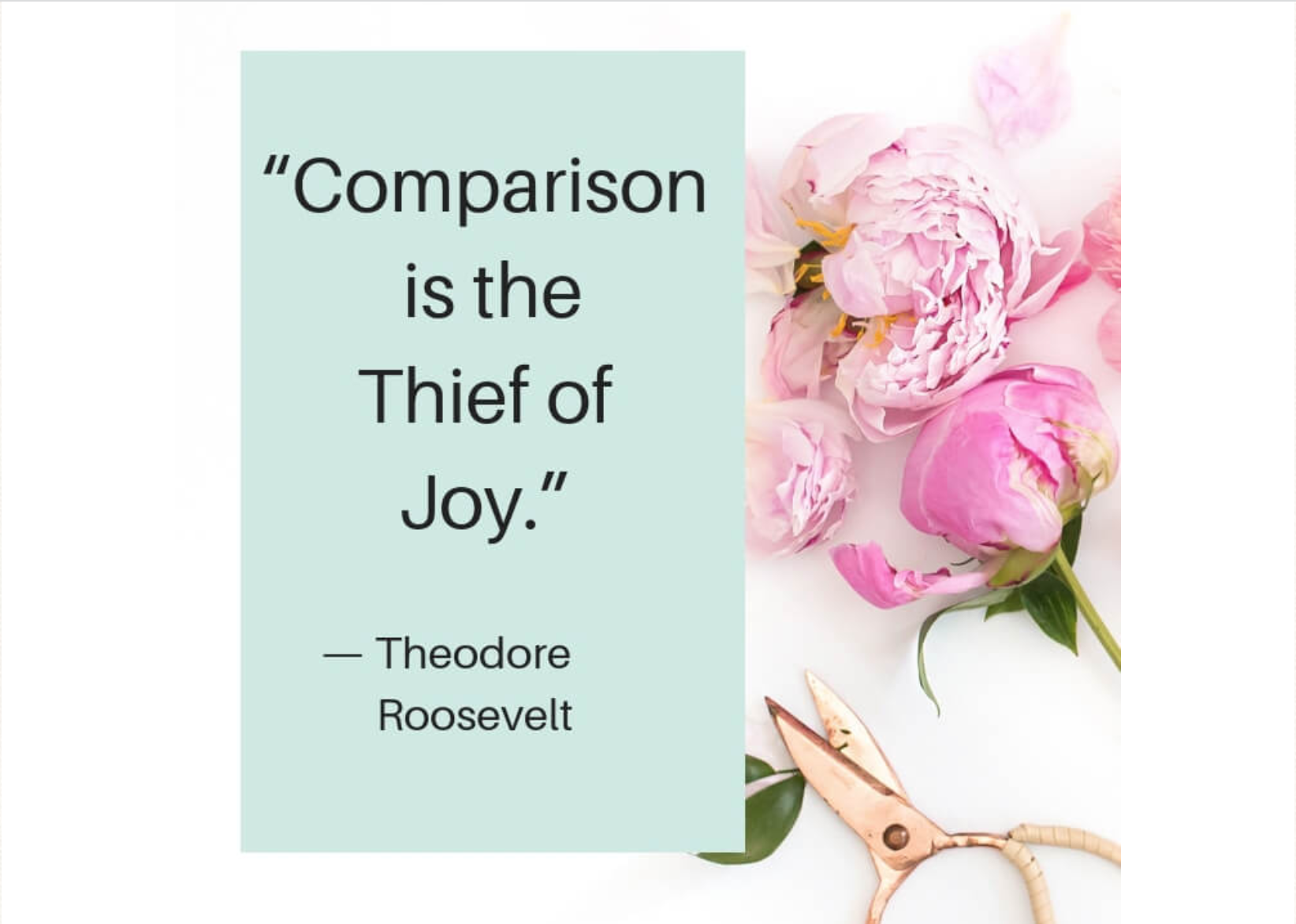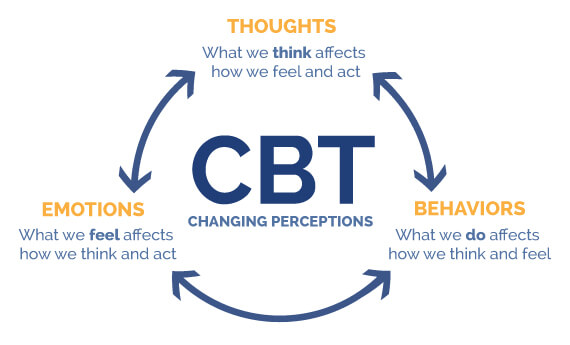In today’s world; it’s much easier than ever to compare ourselves to others; who are near or away from us. With social media sites displaying highlight reels of other people’s life, it’s easy to feel inferior and jealous.
Comparison is very damaging for the person, it surely leads to poor self-esteem, self-doubt, and even depression. But the great news is that; one can break free from this negative habit and embrace self-acceptance with the correct tools and approaches.
Let’s learn more about below points in depth ( tap / click to jump to the respective topic )
1. Understanding the root cause of comparisons
2. Recognizing the Signs of Comparison
3. Practical techniques for stopping comparisons
4. The Benefits of Self-Acceptance
5. निष्कर्ष
Understanding the root cause of comparisons
Comparisons are frequently the result of low self-esteem and insecurity, which may be increased by social media and peer pressure. While doing comparisions ourselves to others; a person tends to focus on what s/he don’t have, what s/he not good at, and what s/he is losing out on.
Comparison leads to emotions of inferiority and negativity, these emotions are difficult to overcome.
To successfully combat comparisons, you must first grasp the underlying psychological and emotional causes.
When a person lacks self-confidence and body positivity, that person will find comparing his/her body with others e.g. who is taller, prettier, more hair etc
A person may be motivated by a fear of failure or a need for affirmation, when s/he compares his/her work accomplishments to those of others.
Identifying the fundamental cause of your comparisons will help you better address them and break free from this negative habit.
Recognizing the Signs of Comparison
Negative self-talk that emerges from comparing
Comparing frequently leads to negative self-talk, which is harmful to our mental and emotional wellbeing. This self-talk may lead to emotions of self-doubt and poor self-esteem as we dwell on our perceived defects and deficiencies. Negative self-talk can lead to mental health issues such as anxiety and depression over time. To overcome negative self-talk, prioritise self-acceptance and cultivate a more positive and caring internal conversation. We may break out from the cycle of comparison by practising mindfulness and self-awareness, which will lead to a better and healthier living.
The acts and behaviours that result from comparison
Comparing can result in unhealthy attitudes and activities that damage our mental and emotional wellbeing. Perfectionism, people-pleasing, and self-sabotage are all typical outcomes of comparison. These activities can be harmful to our health and prevent us from living a meaningful and full life. We may break away from these habits and build a more positive and compassionate connection with ourselves by practising self-acceptance, leading to a happier and healthier existence.
Practical techniques for stopping comparisons
While comparisons are a natural aspect of human nature, they can be damaging and prevent you from living a fulfilled life. Here are some practical strategies for avoiding comparisons:
Self-awareness and mindfulness:
The discipline of paying attention to the present moment without judgement is known as mindfulness. You can become more self-aware and better able to notice when you’re indulging in comparisons by practising mindfulness.
You can choose to focus on your own journey rather than creating comparisons, when you become more self-aware.
Gratitude and concentration on your blessings:
Concentrating on your blessings and what you’re grateful for can help you change your focus away from comparisons. Gratitude practise has been found in studies to promote happiness, decrease sadness, and improve relationships.
Make a practice to set aside some time each day; to concentrate on what you’re grateful for, and you’ll notice a shift in your perspective.
Fighting bad mental patterns:
When you find yourself making comparisons, push yourself by reframing your thoughts in a more positive perspective.
One common example of negative self talk can be thinking as, “I’ll never be as successful as her,” try rephrasing it as, “I have my own unique journey and strengths, and I’m making progress every day.”
Addressing negative thought patterns can aid in breaking the cycle of comparisons and increasing self-esteem.
Limiting exposure to triggers and setting boundaries:
When it comes to overcoming comparison and embracing self-acceptance, setting boundaries and limiting exposure to triggers is critical. We may avoid these triggers and focus on creating a healthy self-image by placing limitations on our social media usage and unfollowing accounts that make us feel inadequate.
Also, learning to set boundaries with people and say no can help reduce emotions of inadequacy and comparison.
We may create a deeper sense of self and learn to love ourselves for who we are by prioritising our wants and desires.
These practises are critical for developing a more positive and fulfilling relationship with ourselves and can lead to improved mental health and self-esteem.
The Benefits of Self-Acceptance
Improved self-esteem and mental health
A person can gradually build a more positive self-image and increase our self-esteem, When that person openly embrace self strengths and accept self flaws.
This can help lower anxiety and depression while strengthening resilience and our capacity to deal with difficulties. Prioritizing self-acceptance may result in a more positive and meaningful connection with ourselves, resulting in a better and healthier lifestyle.
Increased resilience and ability to handle challenges
Self-acceptance practise helps boost our resilience and capacity to deal with problems. We can tackle challenges with a positive perspective, recover from failures, and learn from our experiences if we accept ourselves for who we are.
Better emotional stability and mental well-being can be achieved, when the person learns to be more forgiving of ourselves.
We learn the skills needed to handle life’s problems and achieve our objectives by prioritising self-acceptance, leading to a happier and more fulfilled existence.
Authenticity and self-expression
Self-acceptance allows us to embrace our unique qualities and match our behaviours with our genuine selves.
Prioritizing self-acceptance helps us build self-awareness and a knowledge of our beliefs and passions.
By doing so, we can achieve our goals with more purpose and happiness.
Allowing societal rules to go can lead to a more fulfilling and true existence.
Stronger relationships with others
Self-acceptance exercises help improve interpersonal connections. As we embrace who we truly are, we become more at ease with both our virtues and flaws, which can foster closer relationships with others.
Self-acceptance exercises also help us to develop empathy and compassion, which enhances our capacity to relate to and understand others on a personal level.
Being at ease with ourselves helps us communicate our wants and limitations, which can result in relationships that are healthier and more satisfying.
We may learn to be more accepting of others by prioritising our own self-acceptance, which will foster a happier and more peaceful social atmosphere.
Ultimately, developing self-acceptance can result in more solid and satisfying interpersonal connections, raising our standard of living.
निष्कर्ष
Comparing may harm our mental and emotional health, leading to poor self-esteem, anxiety, and even depression. We may, however, break free from the destructive cycle of comparison by embracing self-acceptance and cultivating a more positive and happy existence.
“Self acceptance” is an ongoing journey, and it takes time & sincere efforts to develop.
One must continue to cultivate mindfulness, self-awareness, appreciation, and self-compassion in order to resist comparison and truly embrace self-acceptance.
We may live a better and more honest life free of comparison by prioritising our mental and emotional well-being and loving ourselves for who we are.
Always keep in mind to be patient with oneself, to celebrate your small or big accomplishments and focus on your journey towards self-acceptance.




